You have not yet added any article to your bookmarks!

Join 10k+ people to get notified about new posts, news and tips.
Do not worry we don't spam!
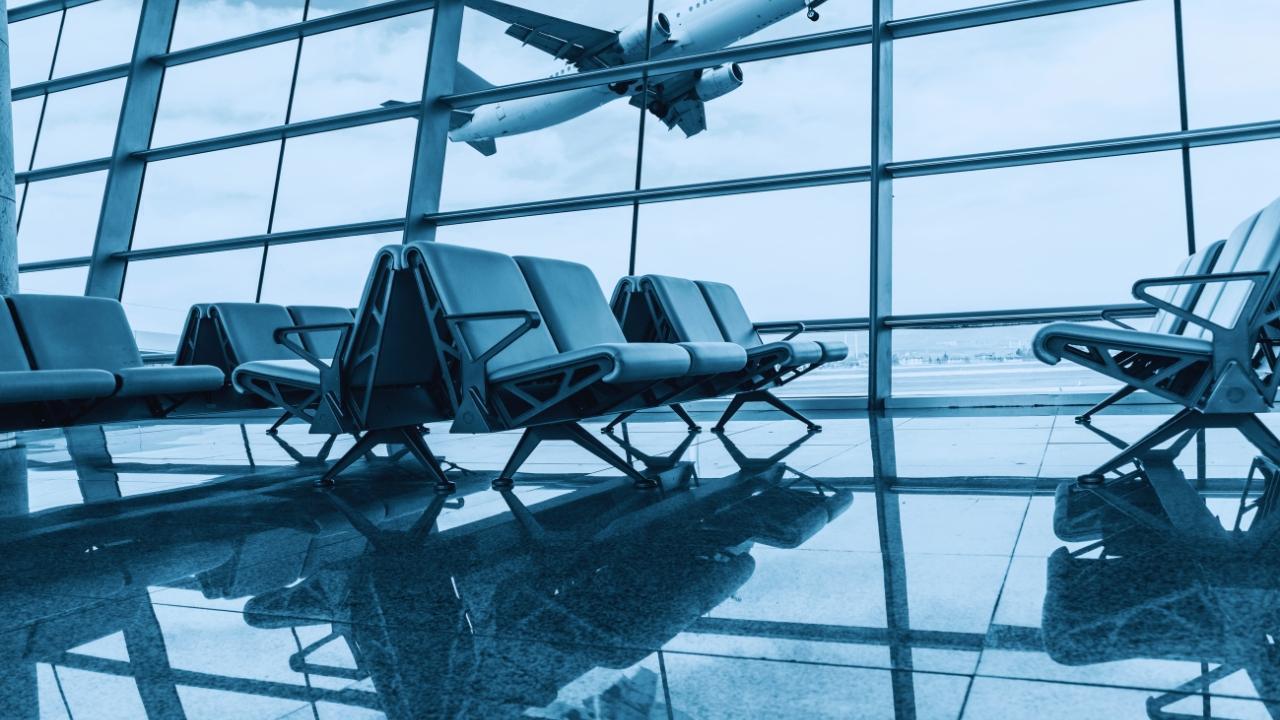
Post by : Anis Farhan
Airport lounges used to be the playground of premium passengers, diplomats, and top-tier executives. These were calm oases behind tinted glass doors — with gourmet food, plush chairs, and soft lighting away from the chaos of terminals. But times have changed. Across major airports from Istanbul to Los Angeles, the lounge has gone mainstream. Travel bloggers document their entry with latte art photos and panoramic views of runway sunsets. Families with toddlers nap under Himalayan salt lamps. Solo travelers in thrifted blazers sip free Prosecco and edit TikToks.
What’s changed? The growing middle class is redefining what luxury means. And increasingly, that means access — not just to products, but to spaces. Spaces that feel private, rare, and elevated. Airport lounges have quietly become the new middle-class luxury destination, and they’re shaping how we think about travel, class, and aspiration in real time.
For generations, wealth was shown through possessions — cars, watches, handbags. But in today’s post-materialist world, status is more about experiences. A photo of yourself enjoying Korean barbecue beef in a Doha lounge says more than a Rolex ever could. It suggests that you’re worldly, mobile, and somehow “in the know.” Even if you’re flying economy, your lounge access tells a different story.
This shift is psychological too. Middle-class travelers today are spending more on feeling good while they travel, not just getting from A to B. Being in a lounge makes people feel important. It creates a micro-environment of calm and curated privilege that people crave in an otherwise chaotic journey.
The middle class is not seeking elite wealth; they’re seeking moments of exclusivity. Airport lounges deliver just that, and at a fraction of the cost compared to luxury resorts or five-star hotels. With a single app subscription or credit card benefit, millions now find themselves welcomed into what was once a gated world.
So how is everyone getting in? The answer lies in democratized access. Credit cards, fintech services, and travel memberships have turned lounge entry into a lifestyle add-on. Programs like Priority Pass, DragonPass, and LoungeKey have exploded in usage. For $30–$40 a visit, you get Wi-Fi, meals, showers, and a break from the terminal’s noise.
Banks too have figured it out — bundling lounge access with even mid-tier cards. In India, Indonesia, the UK, and the U.S., cards with as low as $100 annual fees offer 6–12 free lounge visits. Lounge apps now show wait times, crowd levels, and food menus, turning the lounge into an experience people plan around.
This has led to a boom in new lounges and lounge-like spaces. Airports are retrofitting unused areas, new hospitality players are launching pay-per-use lounges, and even airlines are opening premium-feel lounges for economy passengers. The game has shifted — from who flies in what seat, to who accesses what lounge.
There’s also a cultural shift happening. "Quiet luxury" — the art of subtle, understated privilege — is shaping consumer behavior. Lounges embody this ideal. They don’t shout wealth. They whisper comfort. Leather armchairs, infused water stations, and low jazz beats say, “You’ve made it” — without needing a designer bag.
For middle-class travelers, this matters. You’re not flaunting money. You’re curating a vibe. You’re eating artisanal hummus before boarding, because it feels elevated — even if you're flying a budget carrier. Lounge access has become a soft signal of upward mobility, one that feels earned, not inherited.
This isn’t about mimicking the ultra-rich. It’s about having a slice of the good life, even briefly. A calm hour in a lounge before a red-eye flight is today’s version of self-care, and people are willing to pay for that.
From Dubai to Dallas, Jakarta to Johannesburg, the story is the same: the aspirational traveler is here. The global middle class — educated, digital, aspirational — sees travel not just as movement, but as identity. Travel is no longer a rich person’s hobby. It’s a marker of global participation.
Lounge access feeds into this identity. It lets travelers step into a version of themselves that feels elevated. Even if you spent hours comparing flight prices, once you enter a lounge, you’ve transcended. You’re no longer navigating the journey — you’re owning it.
This mindset is strongest among millennials and Gen Z, who value convenience, comfort, and aesthetics. For them, the lounge isn’t just a waiting room — it’s part of the trip. And with selfie-worthy interiors, Instagrammable buffets, and minimal lighting, it’s become the perfect stage for curated travel moments.
Behind the scenes, lounges have become a serious business. Airport operators, airlines, hospitality chains, and tech startups are all investing in lounge infrastructure. They know lounges increase traveler satisfaction, reduce airport anxiety, and drive revenue.
More people in lounges means more spending on upgrades, food, spa treatments, and even duty-free. It’s also a great way for airports to manage congestion by spreading travelers out. Some lounges now offer full bedrooms, nap pods, and even live concerts — turning airports into experiential hubs.
Premium lounges also collect valuable data. By tracking footfall, behavior, and dwell time, airports can fine-tune services and layout. The airport of the future won’t just be a transit point — it’ll be a lifestyle venue. Lounges are paving the way.
The rise of the airport lounge economy reflects a deeper human desire — the need to feel seen, respected, and in control while traveling. In a world where budget airlines cut frills and terminals are overcrowded, lounges give travelers a sense of dignity.
It’s no longer just about escaping chaos — it’s about being part of something refined. For first-time travelers, it feels like a reward. For seasoned flyers, it’s a ritual. For all, it’s a new kind of empowerment.
In many ways, lounges are mirrors — reflecting how travelers see themselves. As upwardly mobile, as deserving, as global. It’s not about money anymore. It’s about mood, mindset, and micro-experiences. This is the travel identity of today.
Looking ahead, the airport lounge economy is only getting started. We’ll see AI-powered entry, dynamic pricing, personalized menus, and biometric check-ins. Lounges will become spaces where work, wellness, and social networking merge. More than ever, they’ll cater to how we live — not just how we fly.
They might even extend outside airports — into urban mobility hubs, luxury bus stations, or train lounges. Why wait for flight travel to feel special? The lounge experience will be wherever modern travelers seek calm, community, and convenience.
Ultimately, this isn’t about airports. It’s about aspiration. The lounge is simply where it shows.
This article is a work of original journalism written exclusively for Newsible Asia. It is based on publicly available information, cultural observations, and social analysis to inform, educate, and engage readers. All opinions or interpretations expressed are presented in a human-written, natural tone for general understanding and do not constitute any form of professional advice.
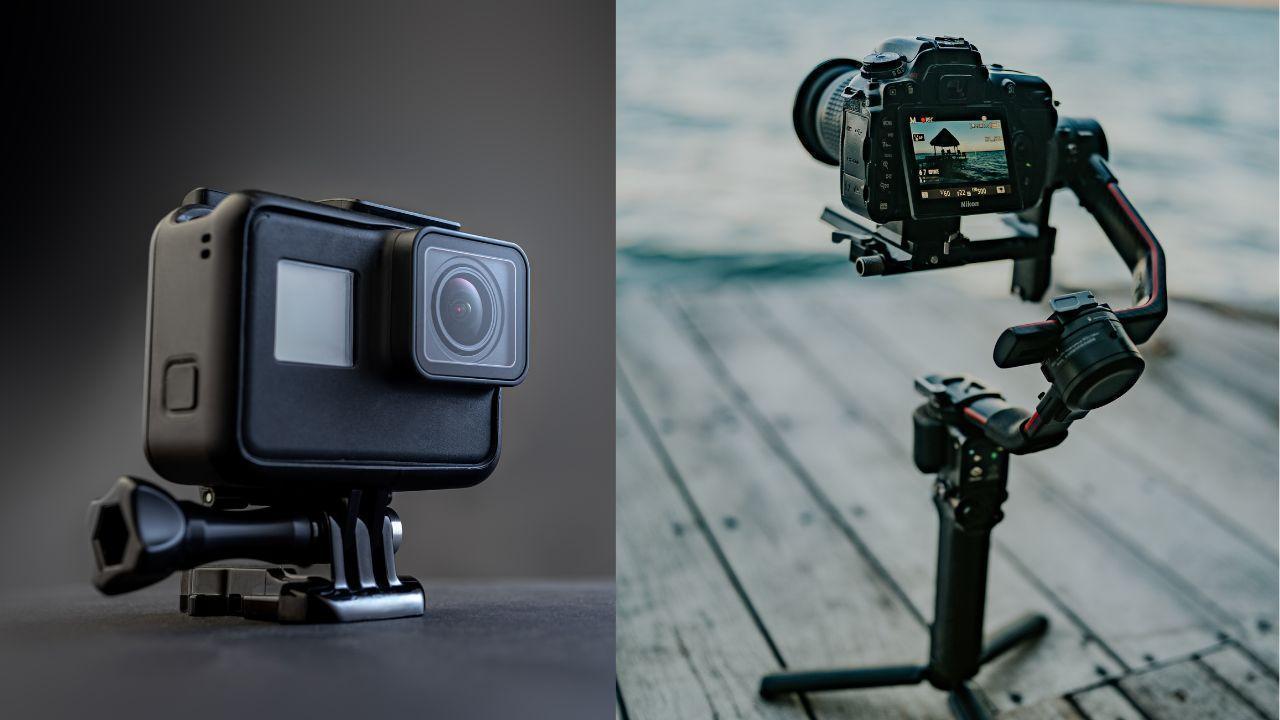

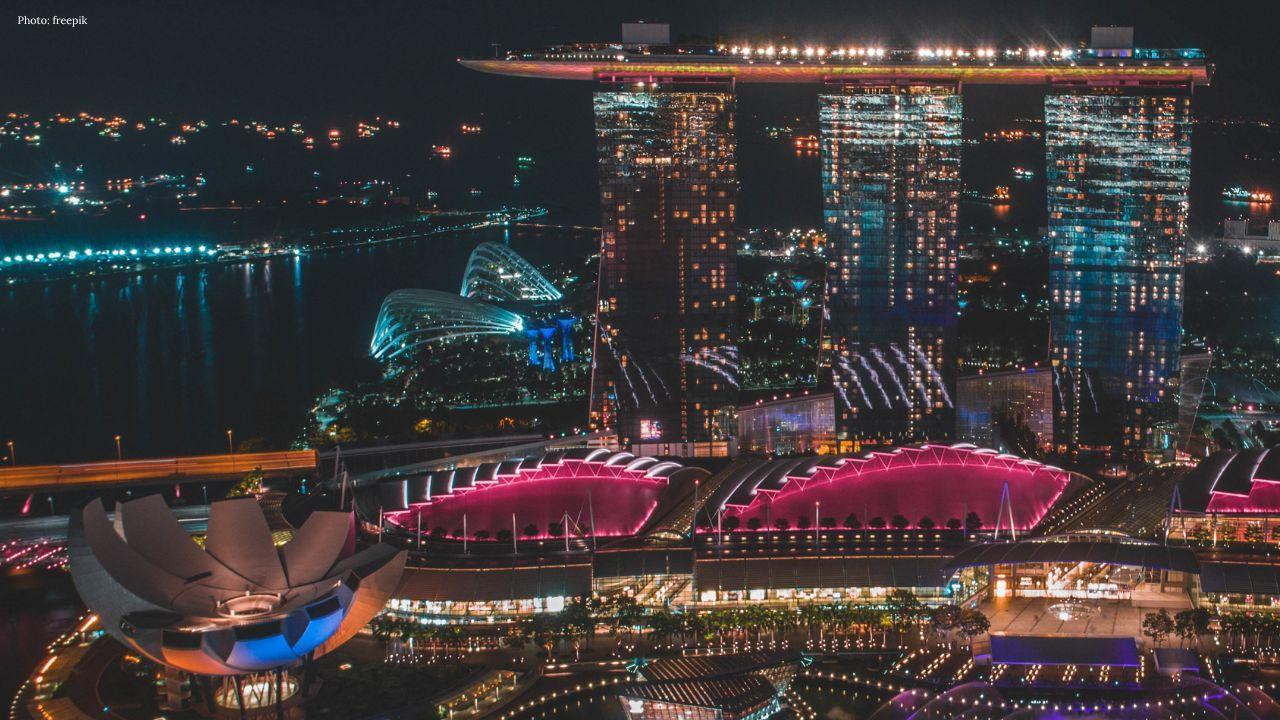





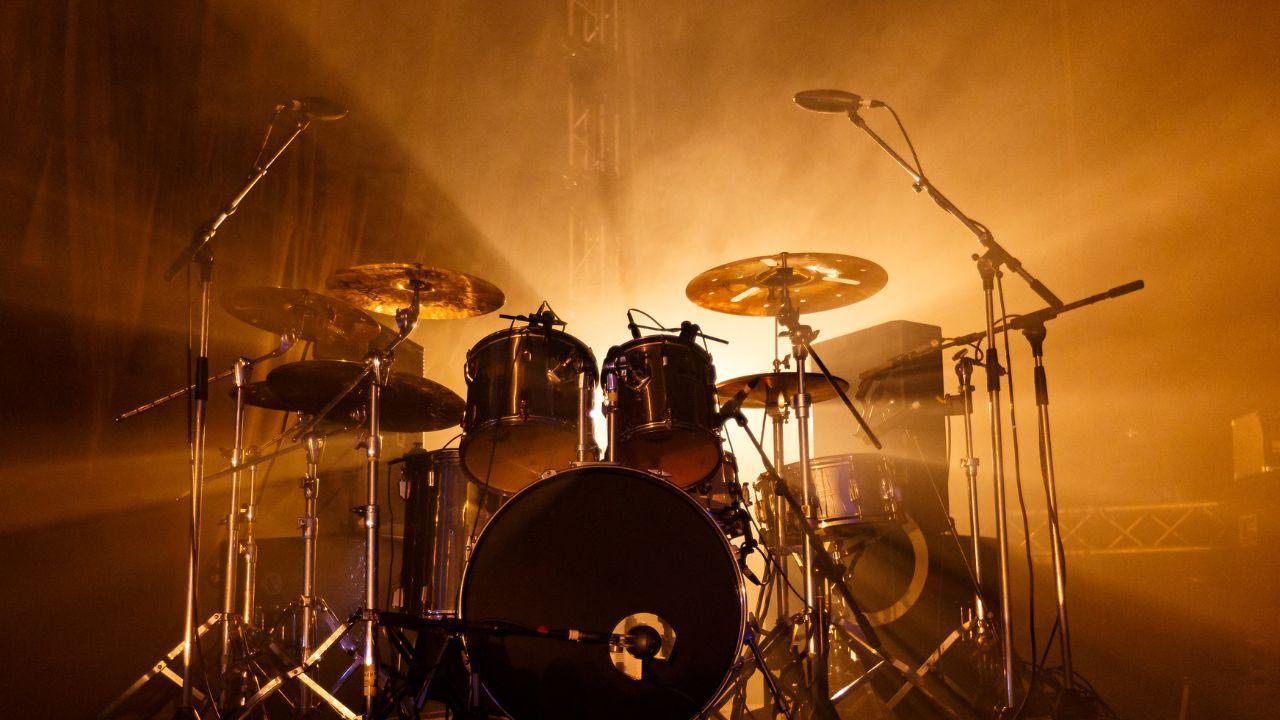

Son of Oil Tycoon Riza Chalid Sentenced to 15 Years in $17 Billion Corruption Scandal
Jakarta Corruption Court convicts Muhammad Kerry Adrianto Riza in high‑profile Pertamina graft case

Marina Bay to Celebrate Disney Adventure With Fireworks & Fun
UOB Marina Bay Sands & Singapore Tourism Board join Disney Cruise Line for a 2-month nautical celebr

Rashmika Mandanna and Vijay Deverakonda Tie the Knot in Grand Udaipur Wedding
The beloved actors celebrated their Telugu and Kodava heritage with traditional ceremonies at ITC Me

Raja Ampat Welcomes Back Endangered Zebra Sharks
Scientific collaboration and community education drive rare species repopulation in the Coral Triang

Tomorrowland Thailand Set for Full‑Scale Asian Debut in December 2026
Thailand to host world‑renowned electronic music festival in Pattaya, expected to draw tens of thous
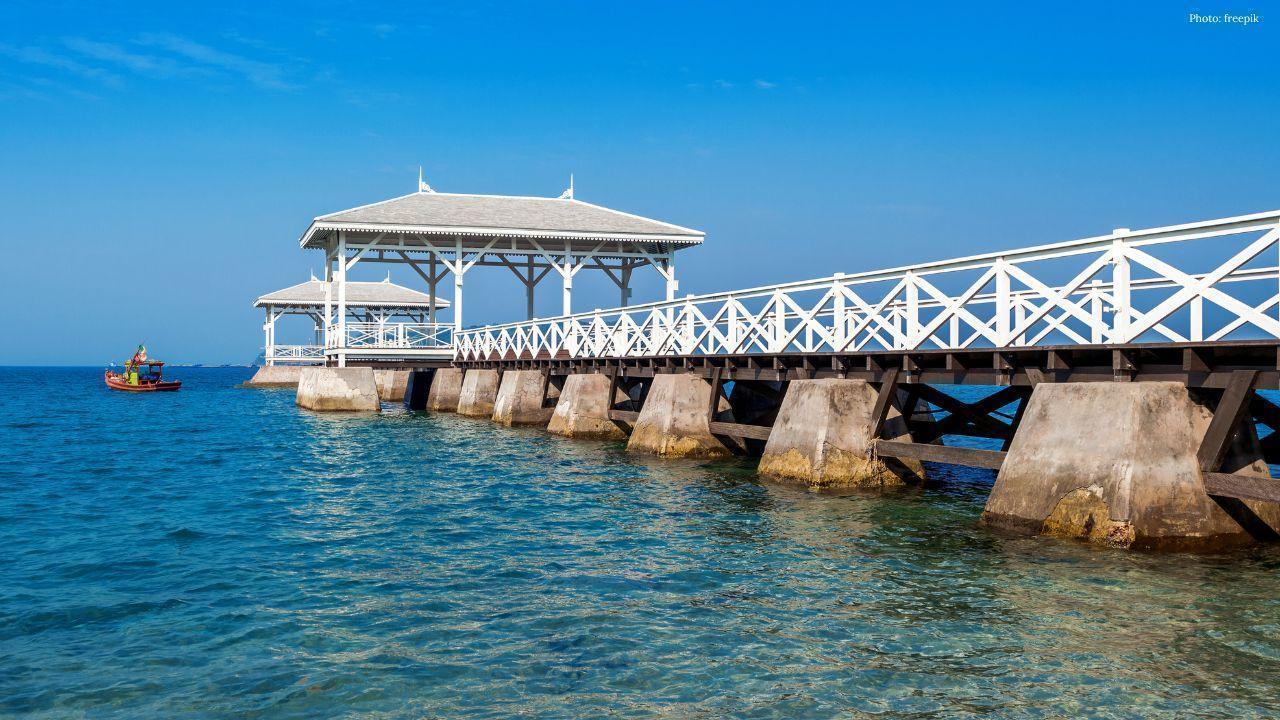
Malaysia’s January Trade Hits RM272.4b as Exports Surge Penang Leads
Exports climb 19.6% year-on-year to RM146.9b with Penang contributing 44.2% of total shipments says